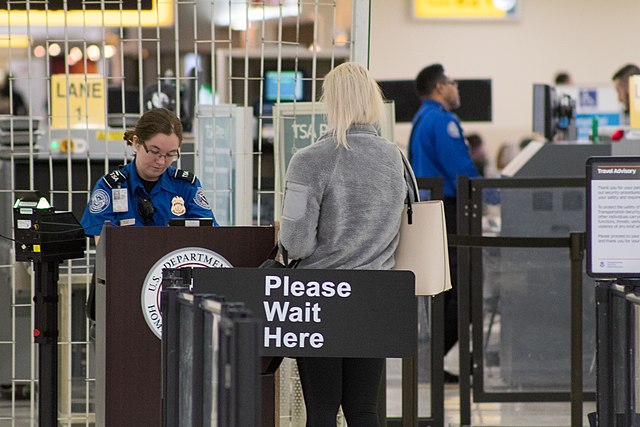For decades, academic exchanges between the United States and China fostered understanding and collaboration between the world’s two biggest economies. Chinese students, whose enrollment in US universities nearly tripled between 2009 and 2019, were a vital source of revenue and talent in science, engineering, and technology. However, the deteriorating relationship between the US and China, coupled with the COVID-19 pandemic, has thrown a wrench into this exchange program.
A growing sense of disillusionment is settling over Chinese students considering studying in the US. Online forums are rife with anxious discussions and survival tips for navigating US border control. Stories abound of students being subjected to lengthy interrogations, intrusive searches of their belongings, and even visa cancellations upon arrival – all with little to no explanation. These experiences add to existing concerns about gun violence, anti-Chinese sentiment, and the challenges of securing work visas after graduation.
The root of this tension lies in a 2018 Trump-era rule barring students, particularly those in science and technology fields, suspected of having ties to China’s military. This policy has continued under the Biden administration, leading Chinese officials to accuse the US of harassment and baseless interrogations of students.
The impact is undeniable. The number of Chinese students in the US has plummeted over 20% since 2019, while the number of American students in China has dipped below 1,000 – a stark contrast to the pre-pandemic figure of over 10,000. Both countries stand to lose from this decline.
“No matter how the United States views China – partner or enemy – you need to understand the other side,” argues Da Wei, a scholar caught in the crossfire. If this trend continues, we risk losing a generation of mutual understanding.”
Illustrative of the situation are the experiences of Eric Xu, a data mining graduate student, and another unnamed academic. Xu was denied re-entry after mentioning his focus on machine learning, while the academic was detained for hours and ultimately barred entry for allegedly attempting to circumvent visa regulations. These stories, along with concerns about a potential future crackdown under a different administration, are leading many Chinese students to question the value of a US education.
The US government defends its stance, citing national security concerns and the potential for China to exploit academic exchanges for military advancement. Lawmakers like Mike Gallagher have called on universities to restrict research opportunities for Chinese students affiliated with institutions linked to the People’s Liberation Army.
While the allure of the US education system remains strong for some ambitious Chinese students like Ashley Chen, the increasing uncertainty and hurdles are undeniable. The recent experience of Clyde Wang, a professor questioned about his parents’ political affiliation at a US airport, further blurs the lines between the two nations when it comes to surveillance and freedom.
The future of US-China student exchange hangs in the balance. Unless both sides can bridge the growing divide, a once-vibrant program that fostered international understanding and collaboration may become a casualty of the current geopolitical tensions.

